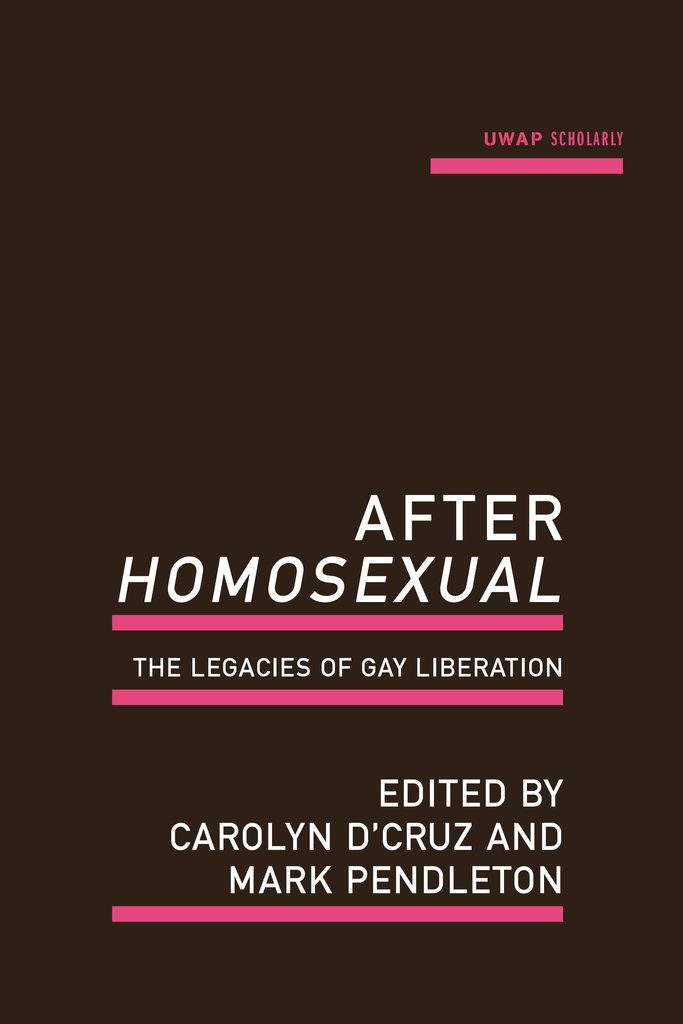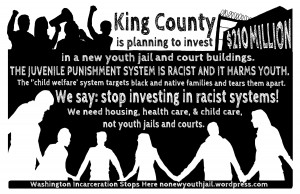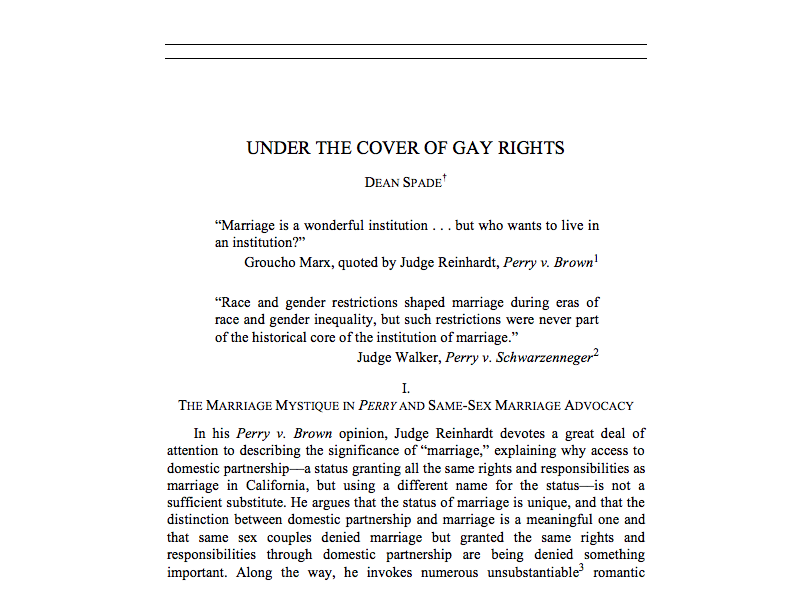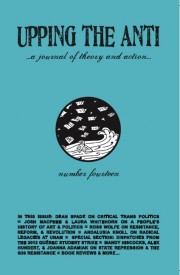I have gotten a bit behind at posting new work. Many new things have come out.
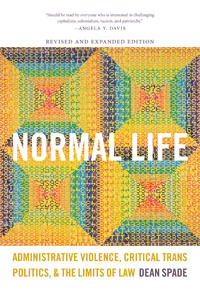
First, the new edition of Normal Life: Administrative Violence, Critical Trans Politics and the Limits of Law is out from Duke University Press. It includes new reflecting on the mainstreaming of trans politics and new cover art by Xylor Jane.
Normal Life was published last month in Spanish from Bellaterra Press. You can find Una Vida Normal here.
In other translations news, I had a wonderful visit to the Center for the Study of Sexualities at the National Central University of Taiwan. My generous hosts translated some of my writing to Mandarin. Here is Chapter 2 of Normal Life, “What’s Wrong with Rights?” in Mandarin. Here is the article I co-authored with Morgan Bassichis and Alex Lee that appears in Captive Genders, “Building an Abolitionist Trans & Queer Movement with Everything We’ve Got” translated to Mandarin. And here is an article with some US trans law basics in Mandarin.
My documentary Pinkwashing Exposed: Seattle Fights Back! (1 hour long) came out in the summer of 2015. You can watch the entire film on the website and you can watch with captions in English, Spanish or Greek captions (Mandarin is coming soon!).
We also made short clips that address particular topics that are easy to share. These include “What is Pinkwashing?” “What is Brand Israel?” and “What is Normalization?” I put all of these and the full documentary online hoping that people will do free screenings in their own communities and on their campuses. I am happy to report that the documentary has already screened at festivals and community events around the United States and in Canada, Argentina, Japan, Korea, Greece, Holland and in the UK. It is playing on Cambridge Community Television tomorrow! You can read a review of the Pinkwashing Exposed in the recent issue of Make/Shift magazine.
Last month, The Scholar and the Feminist Online published a special issue co-edited by Soniya Munshi and Craig Willse, entitled “Navigating Neoliberalism in the Academy, Non-Profits and Beyond.” It is full of great articles and I highly recommend the whole issue. It includes a new article I co-wrote with Dr. Rori Rohlfs called “Legal Equality and the (After?)Math of Eugenics” that looks critically at the proliferation of new statistics about LGBT populations and how they are used in legal reform efforts. The special issue also includes six more short videos in the series that Hope Dector and I are making as part of our Queer Dreams and Nonprofit Blues project.
Finally, in November I participated in an Oxford Union Debate about whether states should recognize marriage. It was probably among the most uncomfortable events of my life, not only because I was wearing a tuxedo but also because I was on the “same side” of the debate with a raging zionist and a raging transphobe. Still not sure what to make of all that, but if you want to see what I said, here is the video.
